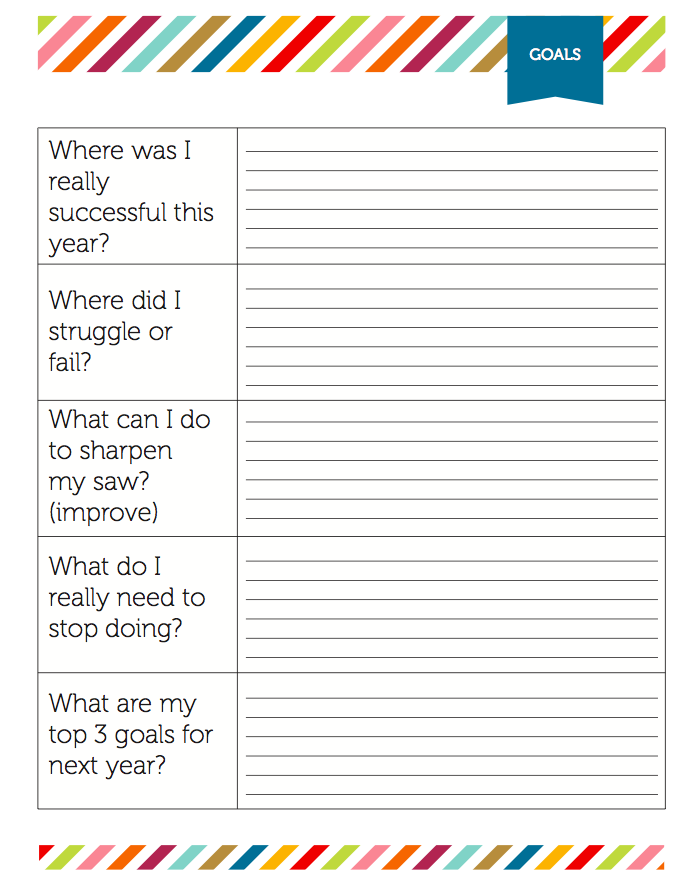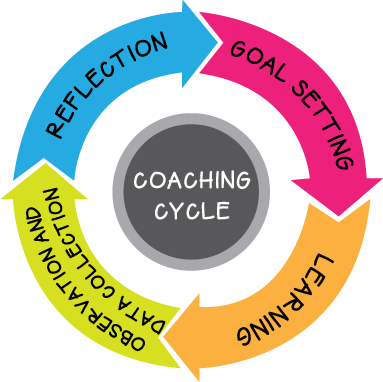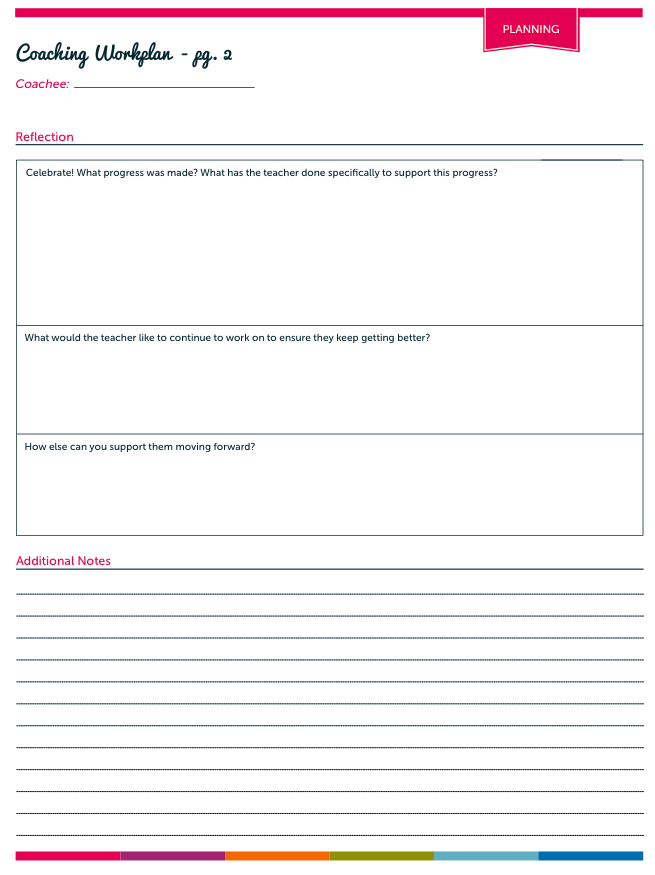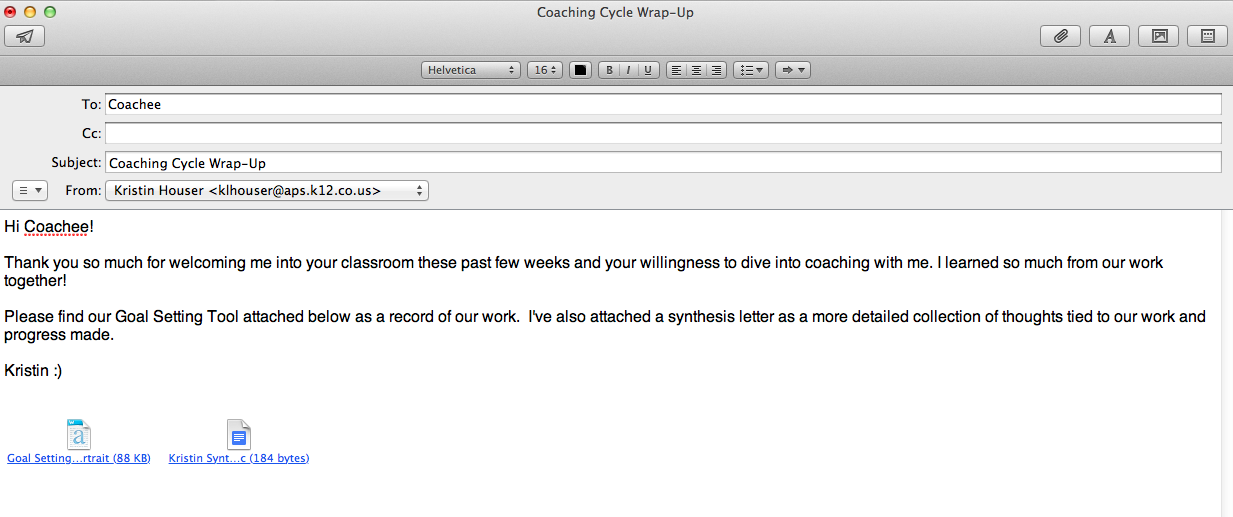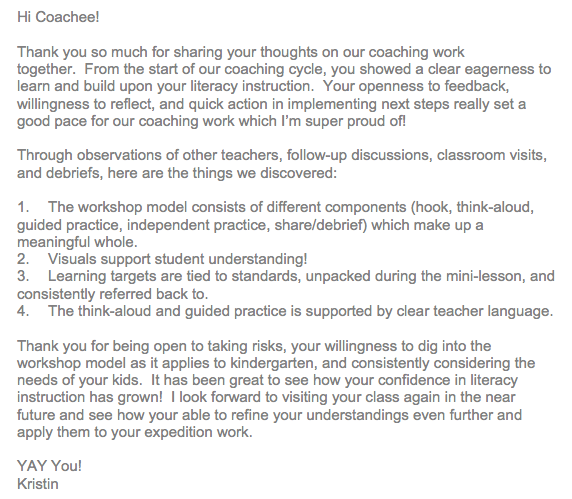I frequently get asked some pretty smart questions around the role and responsibilities of an instructional coach. And I always do my best to answer them all. As I was getting ready to respond to a recent question from a reader, it dawned on me {duh!} that I really should be opening up these question and answer sessions to all of you guys!
Because hey, we all want to be better and do more as coaches.
Well did you know there’s a great resource available to support us towards this goal?…each other!
We all have so much we can learn from each other’s questions and experiences.
So a big thanks to Cari for sharing her question, which is something that I’ll bet many of us can relate to:
Kristin,
I love your blog, your tips and tools are very helpful. I am a first year coach with a lot of PD and classroom experience. Since my principal hired me as an “extra” this year we have been kind-of winging my schedule and role. As we look forward to next school year we’d like to tighten up my schedule and responsibilities. Can you give me an idea of how you are accountable to your principal without sacrifying trust with the teachers. Do you meet with your principal weekly? Do you “hand in” a form? Are teachers required to work with you?
Thanks!
Cari
Ahhh….the delicate balance of building relational trust, accountability, and confidentiality.

Building relational trust is so super important. It also takes effort and time. An important first step is communication. When we began implementing coaching cycles at our school, we dedicated one of our afternoon PD sessions {agenda and support structures handout} to the topic of student centered coaching as a form of professional learning. This gave us an opportunity to share with all teachers the why, what, and how of coaching at Tollgate. In doing this, we were able to address the question of “Are teachers required to work with you?” and more importantly begin to build a culture of coaching. Once that culture is established, and you’ve worked to show yourself as a partner in learning to teachers rather than an evaluator, things are likely to go much more smoothly.
I currently meet with my principal at the end of every coaching cycle to fill her in on the work done and reassess where to head next with teachers. This schedule has worked well for us. I would say that I’m pretty fortunate in having a principal who fully trusts me and the work that I do. So I’m not required to send her weekly updates or track my time. I’ve also shared in the past how I’ve tried out coaching data trackers and our PD site as a way of keeping my principal informed.
In addition to my experience, I thought it would be helpful to see what the experts had to say on this topic:
Diane Sweeney shares a really helpful chart in her book Student Centered Coaching that defines how both roles can work together to create a culture of learning where coaching is embraced.
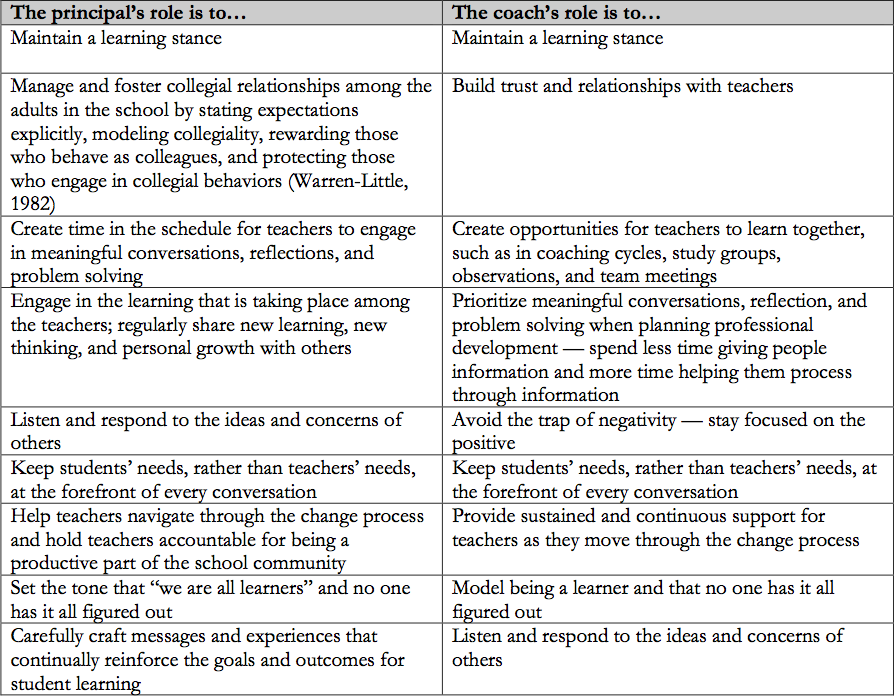
Elena Aguilar has a whole section in her book The Art of Coaching dedicated to ten suggestions for building trust with teachers, which includes how to have an initial conversation with coachees that establishes confidentiality. She suggests using a coaching log as a tool that can be used to report to supervisors.
Jim Knight’s book Unmistakable Impact is another great resource for this question. A few key take-aways include:
- The greater the lack of trust initially, the more important confidentiality usually is. What is most important is that principals and coaches clearly delineate what they will and will not discuss, communicate that policy across the school, and act consistently with the policy.
- Eight researchers and I visited five of the best coaches in Florida, drawn from a pool of 2,600. In each case, we discovered that each effective coach worked in close partnership with his or her principal.
Cari {and anyone else grappling with this question}, I hope this collection of thoughts and resources above has been helpful.
If you have a question/topic/challenge that you’re wondering about please send it my way! Remember, we’re often each other’s best resource for support.
Thanks for reading,

![]()

